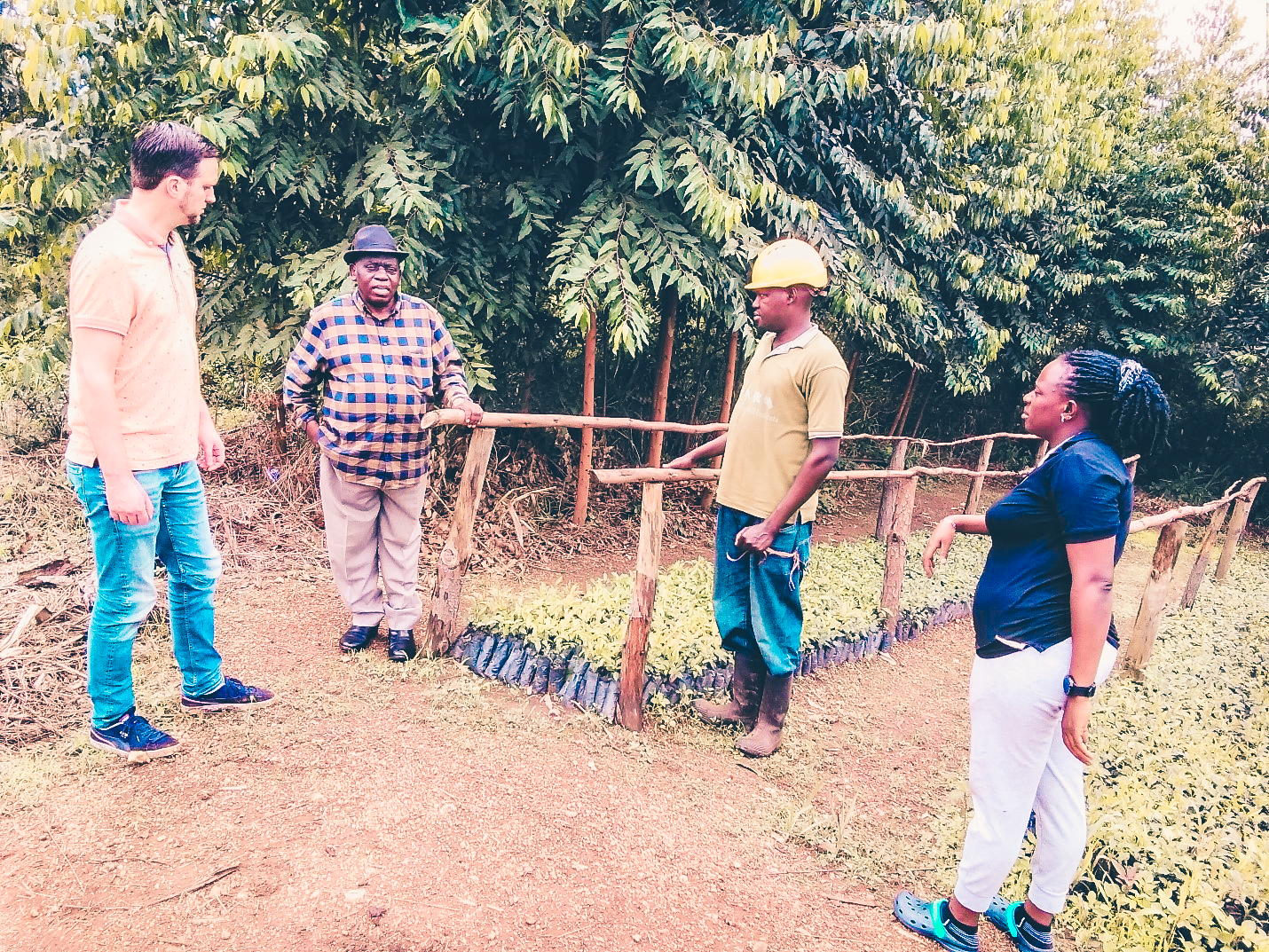
An international team from IUCN-NL and the Mobilising More for Climate (MoMo4C) programme recently visited ECOTRUST project sites in Uganda to engage with emerging green businesses that are spearheading community-based commerce in the Murchison landscape. The team’s visit also involved meetings with private sector entrepreneurs partnering with ECOTRUST to support and scale up these community enterprises. The two key green business ventures taking root in the landscape are beekeeping, which includes nine detailed business plans, and tree seedling nursery enterprises, which are operating under six business plans.
The visit followed the MoMo4C international meeting held in Lusaka, Zambia, from March 13th to 17th, 2023, where stakeholders discussed strategies for accelerating business development under the programme in its final two years (2023–2024). The visiting team, composed of Caroline Viot, a Business Consultant, and Arjen Wisserholf, the MoMo4C Project Officer, made a five-day working visit to Uganda from March 20th to 24th. During the trip, they held important meetings with HIVES (U) Ltd, a Kenyan beekeeping and honey marketing company, and Greenlife International, a Ugandan firm known for its production and distribution of tree seedlings. The team also had the opportunity to meet a local community group involved in beekeeping that has benefited from MoMo4C support through a five-year business plan, beehives, and additional equipment to scale up their operations.
On March 23rd, the team traveled to Budongo sub-county in Masindi district to visit the Rwentumba Communal Land Association (CLA), which is implementing a beekeeping enterprise. They were joined by ECOTRUST’s Business Development Expert, Freddie Kalibwani, and the Programme Coordinator for the Murchison Landscape, Proscovia Kisembo. The Rwentumba group, led by Chairman Bright and Treasurer Ruth Asiimwe, welcomed the team and guided them through their 100-beehive apiary located in the Rwentumba gazetted community forest. The group also presented their long-term vision and business road map to the visitors.
During this engagement, ECOTRUST’s Programme Coordinator shared further insights into the group’s enterprise development journey. The Rwentumba group had received business training and developed a comprehensive five-year beekeeping business plan using the International Labour Organization (ILO) model. In 2021, they successfully applied for support under the MoMo4C green proposals call, submitting a proposal that linked their beekeeping initiative to the conservation of the Budongo Forest. Their proposal emerged among the winners, earning them an in-kind award worth €10,000 (approximately UGX 40 million), tailored to the needs outlined in their plan.
Following this, ECOTRUST worked with HIVES (U) Ltd to supply the group with 100 modern beehives and additional beekeeping equipment, along with hands-on training in improved apiculture. As a result, the group has fully set up its 100-beehive apiary within the community forest and is actively promoting conservation alongside generating household income. The group’s chairman expressed sincere appreciation for the technical and material support received through MoMo4C and ECOTRUST, crediting the partnership for the group’s success.
On March 24th, the IUCN-NL/MoMo4C team visited another MoMo4C-supported enterprise in Nyantonzi parish, Budongo sub-county—a tree seedling nursery managed by a local group that includes Andama Moses. The team observed nursery operations and learned that the group exclusively raises indigenous tree species such as Maesopsis eminii, Prunus africana, Markhamia lutea, and Mahogany. Moses explained that the nursery produces seedlings every season and has plans to scale up, including the acquisition of a water pump and a water storage facility. He added that the majority of the seedlings are sold locally, while surplus stock is dedicated to reforestation and afforestation activities in the community forest.
Throughout the visit, the team gained a deeper understanding of ECOTRUST’s business incubation model for promoting community-based commerce. They observed how MoMo4C’s support had contributed to building the capacity of community groups in business planning, production intensification, and sustainable forest management, all aimed at improving local livelihoods. The visitors were impressed by the communities’ commitment to achieving their business visions and took time to meet with potential private sector partners who will be instrumental in accelerating the enterprises over the remaining two years of the MoMo4C programme.
In his remarks, ECOTRUST’s Business Development Expert encouraged the beekeeping group to remain committed to their enterprise, noting the transformative potential of the honey value chain in uplifting household incomes. The IUCN-NL/MoMo4C team concluded their trip with a visit back to the Rwentumba beehive enterprise to assess its progress firsthand. They expressed their satisfaction with the quality of work, the visible impact of the programme on both livelihoods and conservation, and left inspired by the determination and innovation of the project beneficiaries.

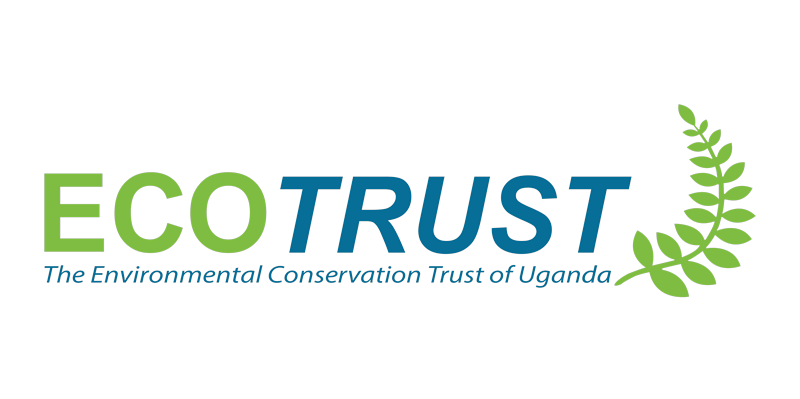

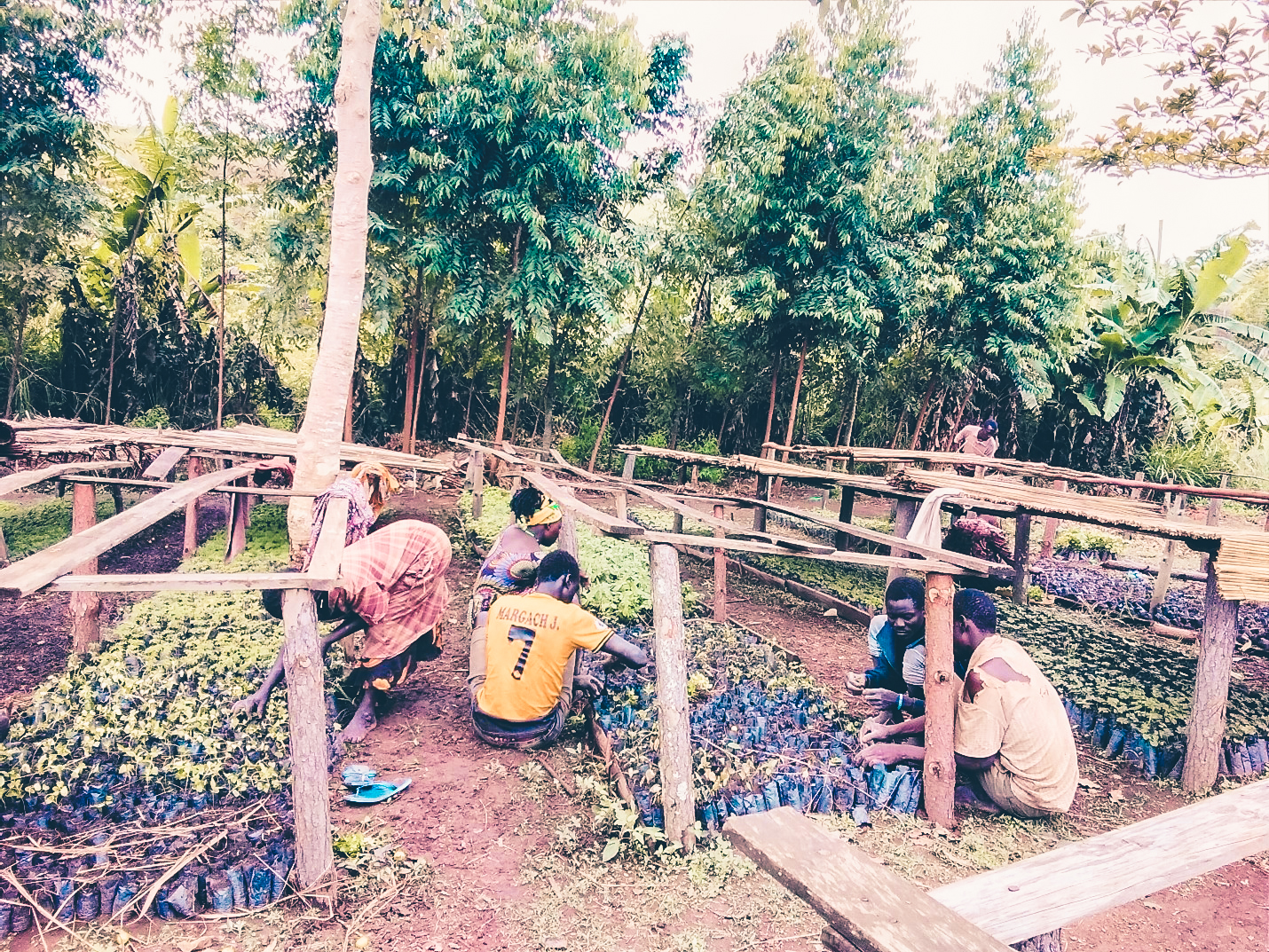
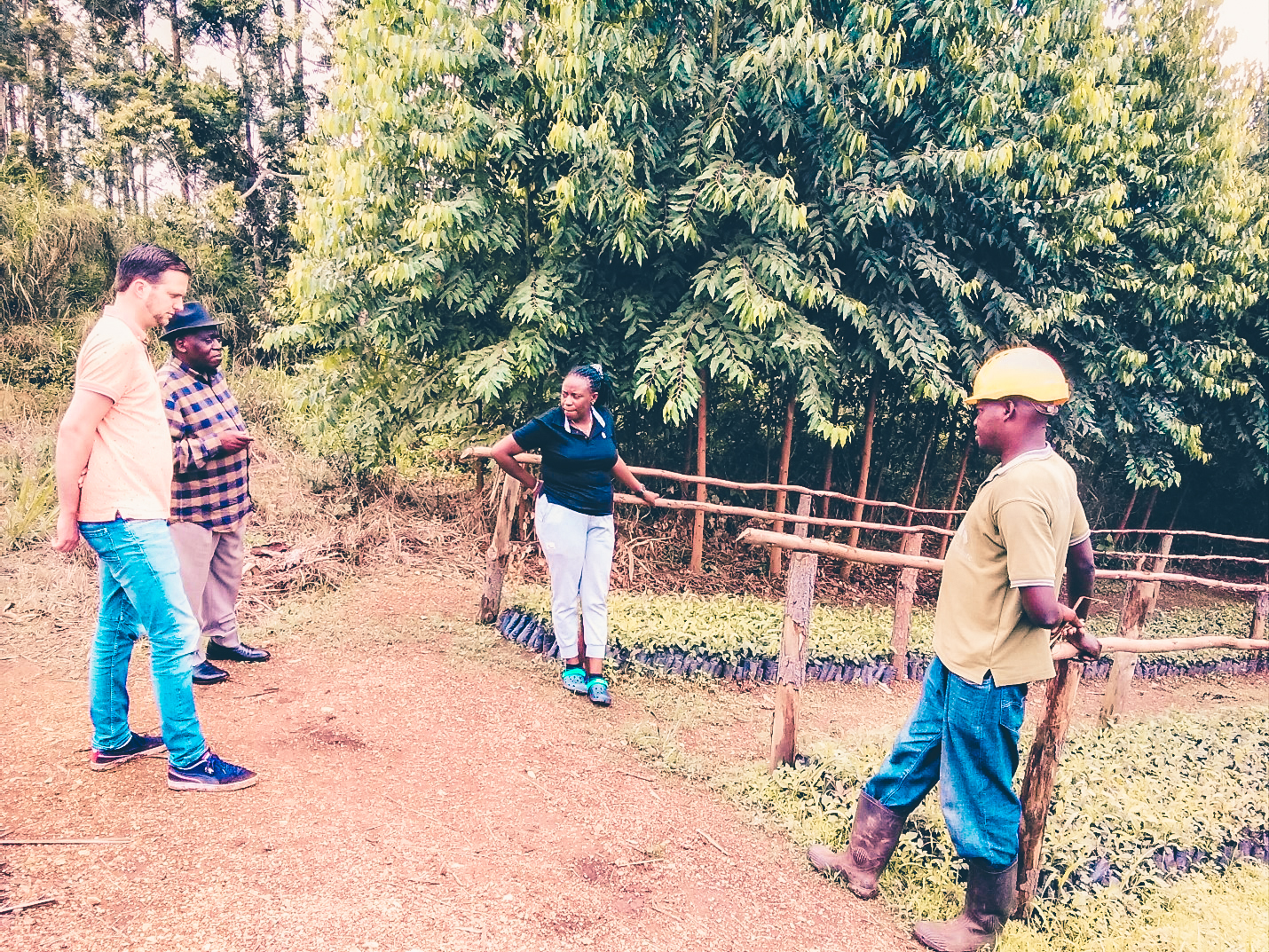



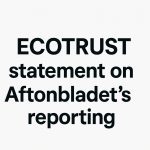
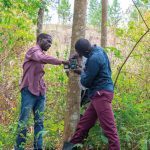
Follow Us On